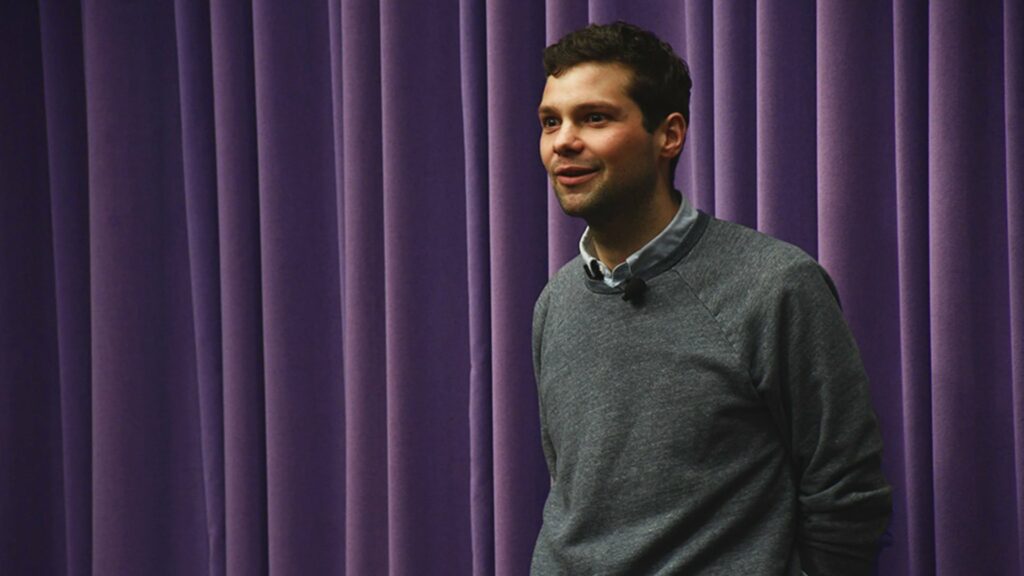There are many factors that can inhibit entrepreneurship from thriving in a particular region. Perhaps it’s lack of access to capital. Or maybe governments put up too many barriers to startup creation, either intentionally or unintentionally. The region may not have existing entrepreneurship models with which to inspire the next generation of growth. Even cultural or societal traditions may serve as roadblocks to innovation and a willingness to try new ideas.
In the following videos, successful entrepreneurs and political figures discuss a number of the specific challenges to entrepreneurship in Latin America.
High Friction and Weak Venture Capital Resources
While serial entrepreneur Wences Casares concedes startup success rates are low around the world, he argues that Latin America-based startups face additional challenges due to friction points in the regional ecosystem.
Fellow entrepreneur Meyer Malka explains why venture capital is “wired differently” in Latin America, and how venture support is different in Silicon Valley and Latin America. Casares also outlines an intriguing benefit to building talented technical teams in the developing world, indicating a possible advantage over Silicon Valley.
A Need for Reliable Institutions
Protego CEO Pedro Aspe believes greater amounts of education are necessary for entrepreneurship to flourish in a region. In this video from an Endeavor Entrepreneur Summit, Aspe also articulates why entrepreneurship can only grow in societies with reliable governmental institutions.
As a former secretary of finance in Mexico, Aspe emphasizes the importance of removing discretionary power, in matters of trade and finance, from the hands of public officials in order increase the reliability of an economic system.
Lack of Entrepreneurial Thinking and Education
Chilean science professors are not used to thinking in terms of startups, says Juan Andrés Fontaine, Chile’s Minister of Economy, Development and Tourism. In this video, STVP Executive Director Tina Seelig asks Minister Fontaine to identify skills that students should be developing to become better entrepreneurs, and what Chile’s universities are doing to address these needs.
Fontaine expresses his desire for students to take risks and learn to solve problems using an entrepreneurial frame of mind, and why this type of education can unlock economic growth and opportunities.







